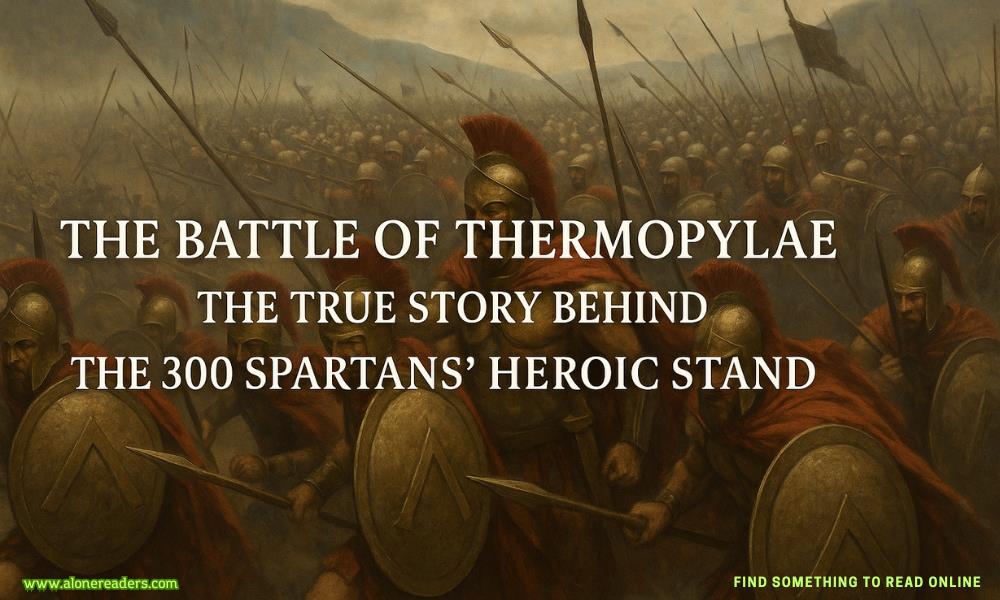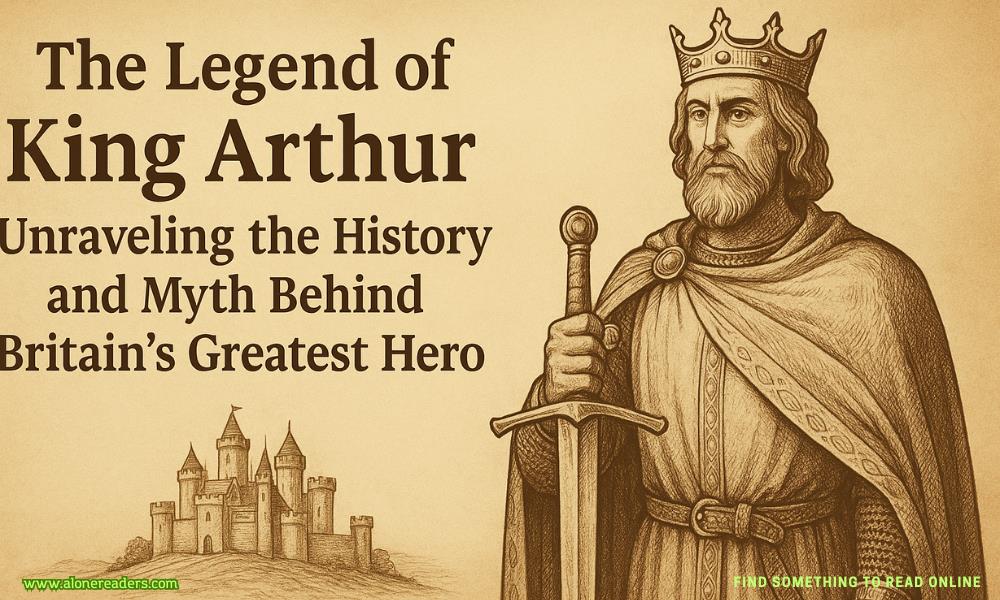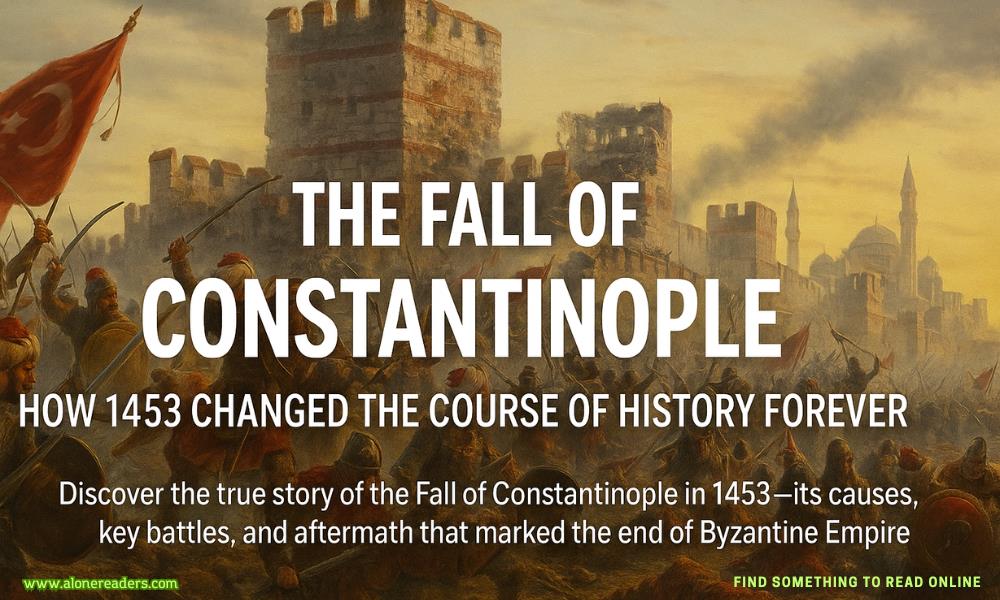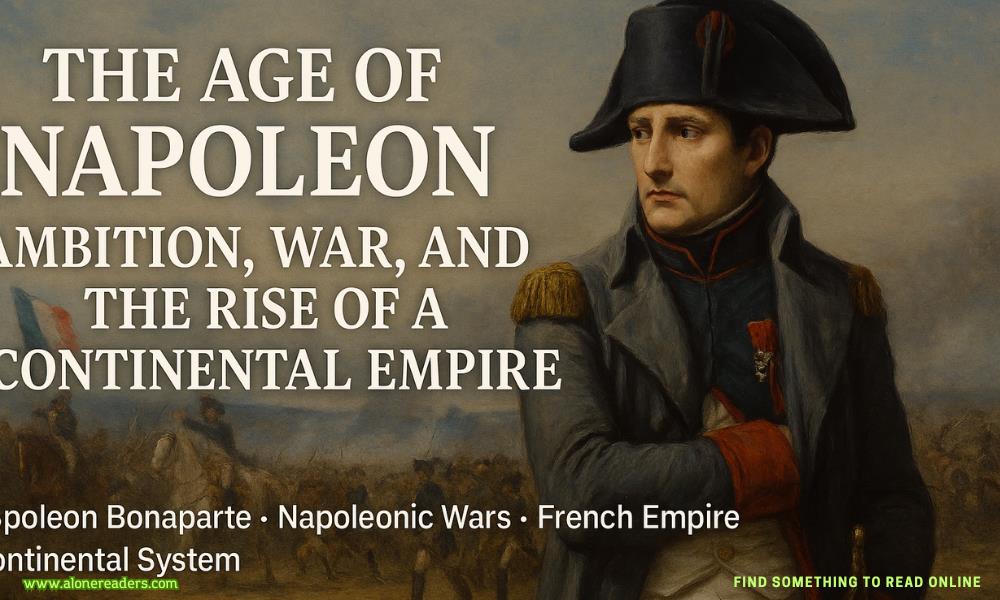Page 82 of Omega's Fire
“And probably a lot of arguing,” I add.
“Only because you can never admit when I’m right,” Nash says.
“I would if you ever were, my love.” I struggle to maintain myserious expression as planned.
Our producer, Stephanie, rolls her eyes from behind the camera, but the small smile tugging at her lips betrays her amusement. After fifty-two weekly episodes, our opening banter has become something of a signature.
The podcast turned video series was Meg’s idea initially but what started as a small project recorded in our living room has grown into one of the most influential platforms in the ongoing national conversation about omega rights, compatibility science, and matching.
Forty minutes later, as we wrap the recording, Stephanie gives us the thumbs-up from behind the camera. “That’s a wrap, folks. Great energy today.”
“The viewer questions were great,” I observe, unclipping my microphone. “We should get that doctoral researcher on. He seemed to know his stuff.”
Nash’s smile is fond as he watches me brainstorm. “Already thinking about taking down my carefully constructed statistical models?”
“Always,” I assure him with a grin. “It’s what keeps our relationship spicy.”
Stephanie clears her throat pointedly. “If you two are finished flirting, Emma is trying to escape her playpen”
We find our daughter attempting to scale the mesh sides of the portable playpen, determination etched on her features as she grips the fabric with tiny fingers. At fifteen months, Emma has mastered walking, basic words, and most importantly, the stubborn persistence she’s inherited from both her fathers.
“Going somewhere, little revolutionary?” Nash asks, scooping her up before her jailbreak can succeed.
Emma grins at him, all innocence now that she’s been caught. “Da!” she declares triumphantly, before reaching toward Nash with grabby hands.
“I believe these are yours,” Nash says, retrieving a small collection of toys from beneath the studio couch where they’ve somehow migrated. “The sound engineer found the purple dinosaur inside a speaker cabinet.”
“Our future audio engineer,” I suggest, settling Emma on my hip as we gather her things. “Or possibly saboteur.”
“Sab-teur,” Emma repeats solemnly, her vocabulary expanding daily in ways that still amaze me.
Nash laughs, the sound warm and free in a way it never was when we first met. “Definitely her father’s son. Teaching her activist vocabulary already?”
“She needs to understand oppressive systems early,” I reply with mock seriousness.
“Well, it’s those oppressive systems that brought us together.”
“Oh? I thought it was my analytical skills that really turned you on,” I counter, enjoying the flash of heat in his eyes at the deliberate innuendo.
“Among other things,” he concedes, voice dropping lower.
“Meg’s taking Emma overnight on Saturday,” I remind him, squeezing his hand before releasing it so he can drive. “I have plans for those other things.”
Nash’s sharp inhale is deeply satisfying, as is the way his knuckles whiten slightly on the steering wheel. Even after a year together, the chemistry between us remains electric, volatile, perfect in its intensity.
Our apartment building comes into view. It’s a converted warehouse with high ceilings and expansive windows that we chose together six months ago, close to my job.
Nash is working from home, finishing his latest book.
As we settle into our evening routine—dinner preparation, Emma’s bath time, the quiet rituals of family life—I find myself watching Nash more than usual.
Later, after Emma is asleep in her room, I find Nash on our balcony, looking out at the city lights with a pensive expression.
“Deep thoughts, Professor?” I ask, wrapping my arms around him from behind, cheek pressed against his shoulder blade.
His hands cover mine where they rest against his stomach, warm and solid and grounding. “Just appreciating how far we’ve come,” he says quietly.
His mouth claims mine, the kiss deep and thorough and promising. When he finally pulls back, we’re both breathing harder, the familiar chemistry between us igniting with predictable ease.
- Her Desert King by Marian Tee
- A Wife's Duty by Sam Crescent
- The Gift that Keeps On Giving by Jessa Kane
- Hard Hearts by Ella Goode
- Obsidian Devotion by Sylvia Rae
- Sold to the Single Daddies by Summer Haze
- Coast by Jessica Gadziala
- Jezebel's Liberation by Lacy Rose
- A Touch of Fate by Cora Reilly
- Relentless Knight by Lisa Cullen
- The Cheerleader by Jade Marshall
- With this Ring by Sierra Cartwright
- Axel by Kelly Finley
- Ice Cold Liar by Cynthia Eden
- Her Daddies' Everything by Laylah Roberts
- Bound By Lust by Rose Marie







